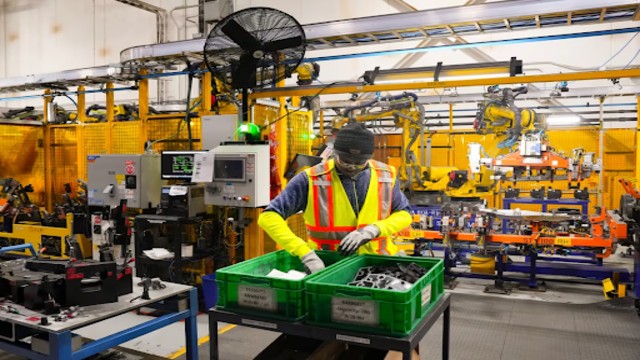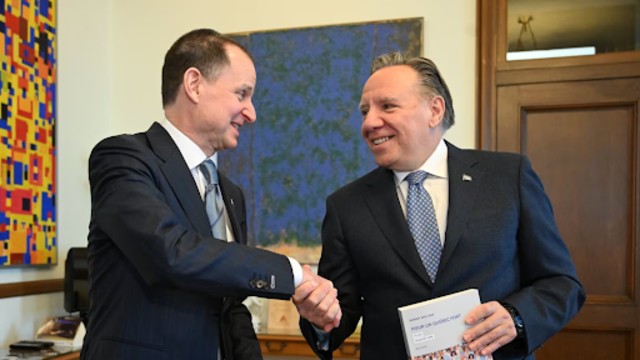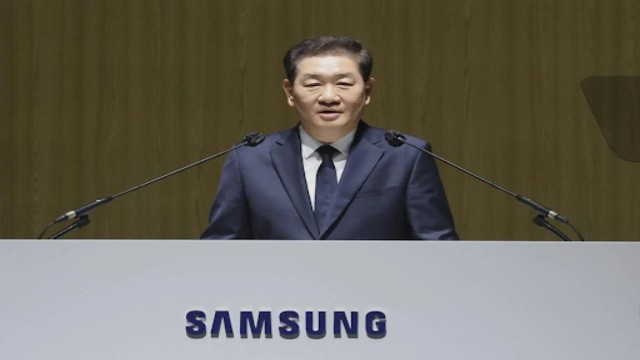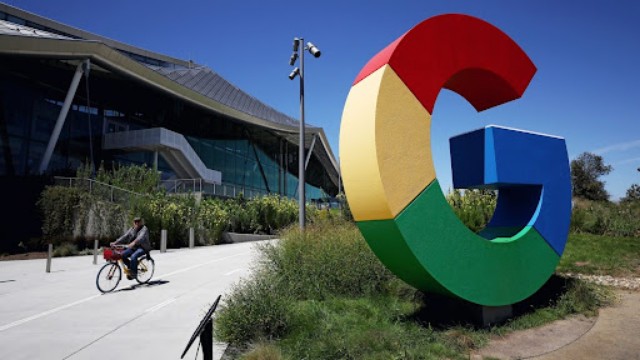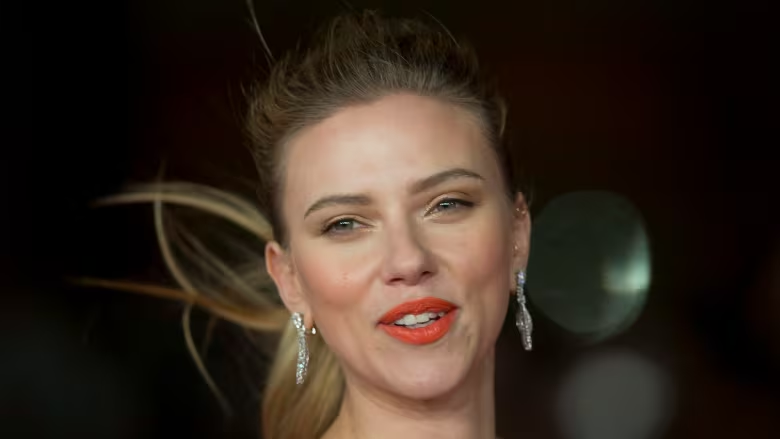
U.S. actor Scarlett Johansson arrives for the screening of the film Her at the Rome International Film Festival in November 2013. OpenAI says it plans to halt the use of one of its ChatGPT voices after some users said it sounded like Johansson, who famously voiced a fictional — and at the time futuristic — AI assistant in the 2013 film Her. (Alessandra Tarantino/The Associated Press)
OpenAI announced on Monday that it plans to discontinue the use of one of its ChatGPT voices, which actress Scarlett Johansson claims sounds remarkably like hers. The voice in question, named Sky, is one of five options available to users of OpenAI's AI chatbot.
OpenAI's decision follows public concerns, including those from Johansson, who is well-known for her role as an AI assistant in the 2013 film "Her." She issued a statement revealing that OpenAI CEO Sam Altman had approached her in September to ask if she would lend her voice to the AI system. Johansson declined the offer.
After hearing a demo of Sky's voice, Johansson said she was shocked and upset, as the voice bore a striking resemblance to her own. She noted that even her friends and media outlets could not distinguish between her voice and Sky's. Johansson's lawyers contacted OpenAI, demanding clarity on how Sky's voice was created, which led the company to agree to halt its use.
In response, OpenAI emphasized that Sky's voice was not intended to mimic Johansson's and is actually the work of a different actress, whose identity remains confidential for privacy reasons. Altman clarified that the voice actor was chosen before any outreach to Johansson and expressed regret over the miscommunication.
OpenAI first introduced voice capabilities for ChatGPT in September, allowing users to have verbal conversations with the AI. Initially available only to paid subscribers, the feature was made free for all mobile app users in November. The latest updates to the AI, known as GPT-4o, have enhanced its ability to replicate human speech patterns and even attempt to gauge emotions from users' facial expressions.
The GPT-4o model, still being rolled out, offers faster and more sophisticated interactions, capable of real-time reasoning across text, audio, and video. In a recent demonstration, the AI responded to emotional cues and even added dramatic flair to its voice upon request. Although not yet widely available, these new features are gradually being introduced to select users, with voice mode remaining exclusive to paid ChatGPT Plus subscribers.
The release of these advanced features has drawn comparisons to the film "Her," where Johansson's character, an AI assistant, forms a deep relationship with a human. This parallel was highlighted by Altman, who posted "her" on the social media platform X on the day of the new model's unveiling. Some of the interactions shown in the demos, including a female-voiced ChatGPT making flirtatious remarks, have sparked discussions about the gender dynamics in AI voice assistants.
Critics have pointed out that AI voices, often defaulting to female, perpetuate stereotypes of subservience, as seen with assistants like Apple's Siri and Amazon's Alexa. The issue was previously highlighted in a 2019 report by UNESCO, which noted that these voices often tolerate sexist remarks without objection.
Desi Lydic from The Daily Show commented on the gendered nature of these interactions, suggesting that the technology seemed designed to flatter male users. This ongoing debate underscores the broader societal implications of how AI assistants are developed and deployed.




